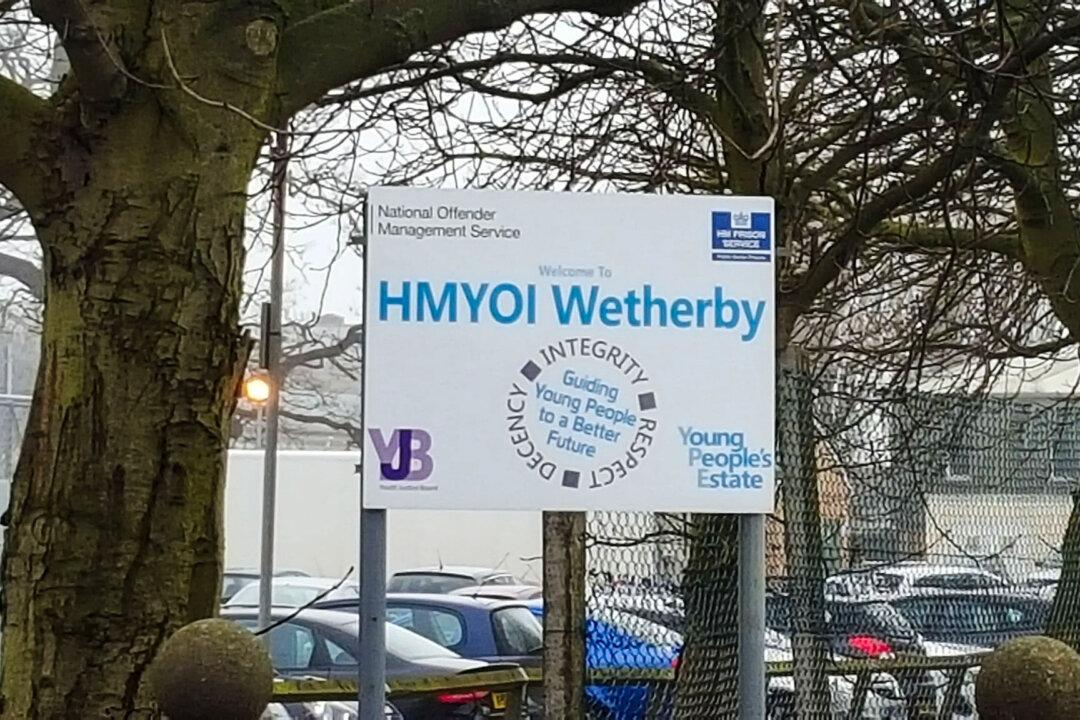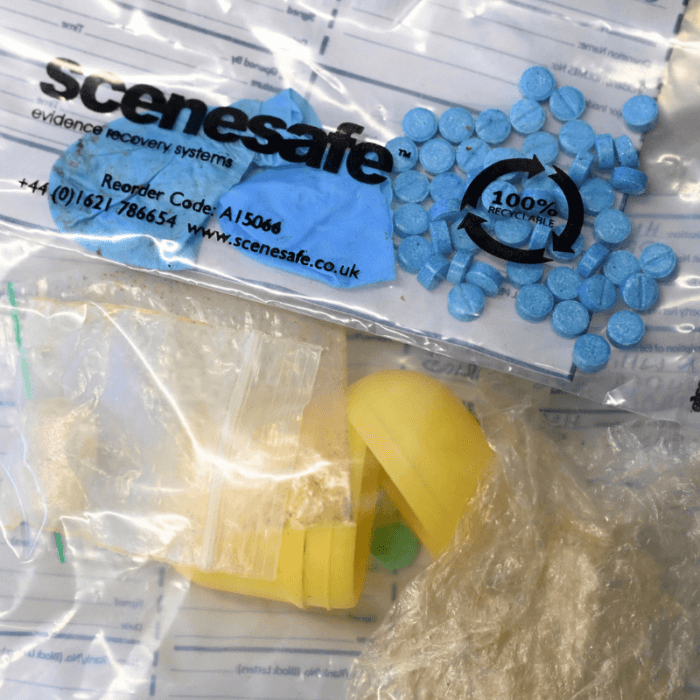The standards of education in young offender institutions (YOIs) have been in decline over the past decade, a new report has found.
In many cases, teachers struggle to control the classroom and often lack training to deal with the challenging behaviour of the students, which includes threats and violence. Children are often kept apart from one another or excluded from classes.
“It cannot be right that some children spend up to 23 hours each day alone in their cells with no access to education or other pursuits that might improve their chances of rehabilitation and successful future lives,” Oliver said.
Chief Inspector of Prisons Charlie Taylor has called on changes to the education system in YOIs “if we want to see less youth crime and more children going on to lead successful lives.”
The report draws on inspections of four YOI regimes in England across a 10-year period from June 2014 to March 2024. This type of secure accommodation holds convicted children aged 15 to 18.
All four sites—Cookham Wood, Feltham A, Werrington, Wetherby and Keppel Unit—were found to be not good enough in terms of providing purposeful activity for children.
Quality of Education
Increased segregation impacts the number of education hours received by children in YOIs, where young offenders are meant to receive at least 15 hours per week.“The reality is that children often have access to far fewer hours of education,” the review said.
Inspectors have found that many children received only 10 to 13 hours of education per week, and in some cases, this amount is likely to be much reduced.
Another concern, highlighted by the report, was severe staff shortages. This makes it difficult for staff to build relationships with children and teach them beneficial new skills.
In too many cases, staff who offer outreach support to children were found not be specialists in their subjects.
“They do not plan their curriculums well or use high-quality resources. The goal is often to simply keep children busy for a short time,” the report said.
“I am deeply concerned by these findings. The children in these institutions are entitled to a high-quality education that supports them to turn their lives around. The system is failing them.
According to Taylor, a child’s time in a YOI is meant to represent “a golden opportunity” to address the issues that led to their custody in the first place. However, he noted the system struggled to support the children who often had poor experiences of being in care or had disrupted education even before ending up at YOIs.
The report has recommended several improvements for implementation by YOIs. It emphasized that the time children spend in isolation or confinement should be significantly reduced.
Ensuring that children and young people regularly attend education must be a priority, the review said. Additionally, it called for recruitment of well-qualified and skilled teaching staff, equipped to support children in making “meaningful academic progress.”
“Children, wherever they live, have a right to education. That is the bare minimum. If we want to rehabilitate young people and reduce reoffending, then we must go further. An ambitious curriculum. Teachers that can reengage young people and provide brilliant support,” she said.







